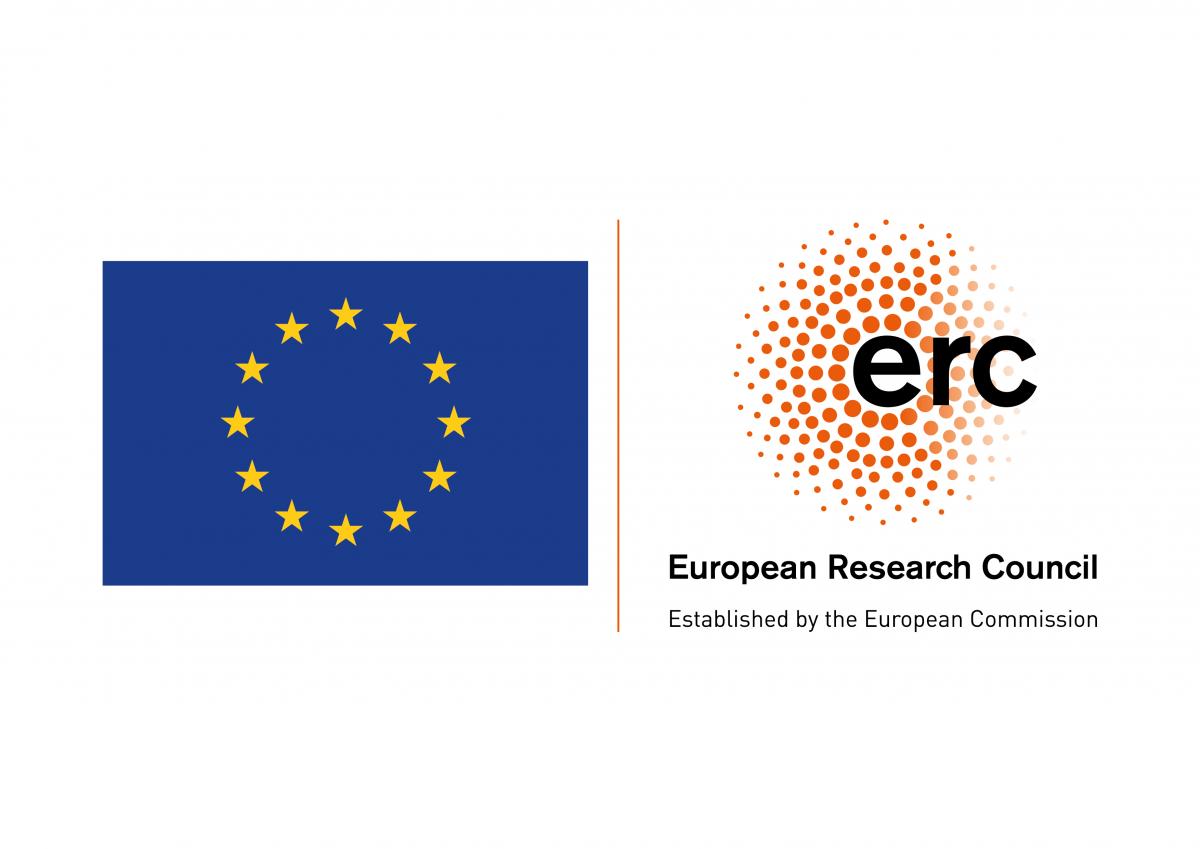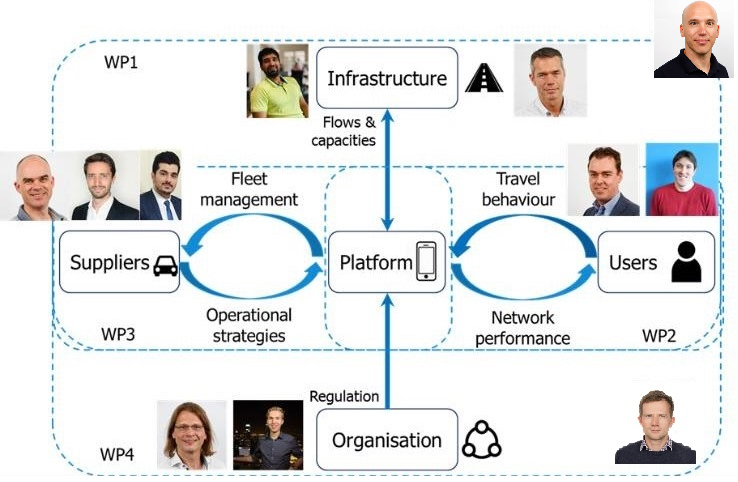CriticalMaaS
Online marketplaces enable in the travel context the dynamic matching of supply and demand. The shared economy can revolutionize urban mobility by blurring the traditional division between private and public transport, shifting from an ownership model to Mobility as a Service (MaaS). Since MaaS breaks the conventional division between individual (ownership) and collective (usage) travel alternatives, existing theories and models of travel behaviour, transport network and operations cannot explain the behavioural dynamics, interactions and evolution of both supply and demand in the marketplace.
The CriticalMaaS research program develops and tests theories and models to explain and predict the performance of (potentially fully-automated) flexible on-demand transport services offered by Mobility as a Service providers at strategic, tactical and real-time operation levels by identifying key determinants of level-of-service, including the consideration of travel demand patterns, traveller and operator behavioural preferences, service design and fleet allocation and management with a special focus on system-wide accessibility, efficiency and equity effects.
The research performed in CriticalMaaS is composed of three thematic clusters: (i) Behaviour: Individual consumers’ and suppliers’ preferences and behavioural dynamics in the era of MaaS; (ii) Network and Operations: Network-wide supply-demand interactions and the management of MaaS systems, and; (iii) Mass effects: Evolution of collective patterns and market adoption of MaaS.
CriticalMaaS is funded by a European Research Council (ERC) grant under the Horizon 2020 research and innovation programme, grant number 804469 and supported by co-funding from Amsterdam Institute of Advanced Metropolitan Solutions (AMS).



